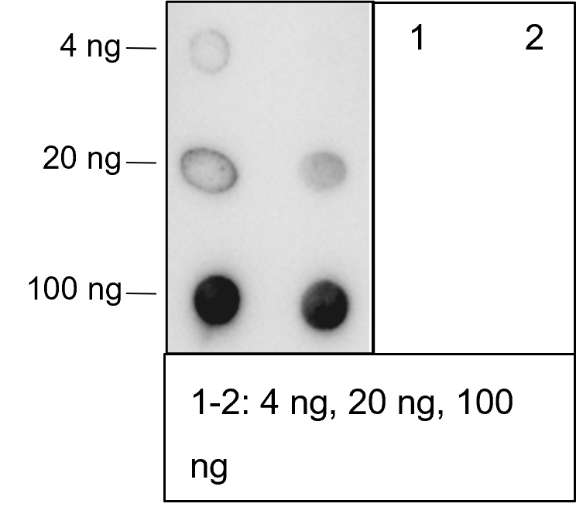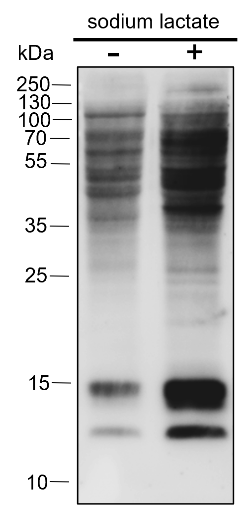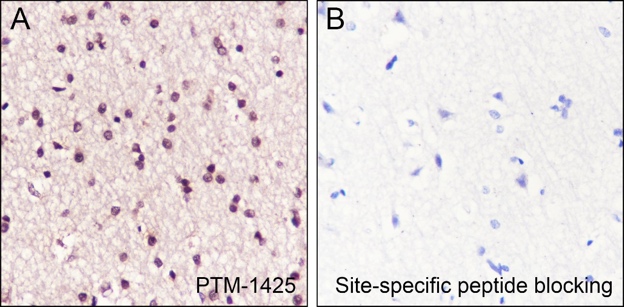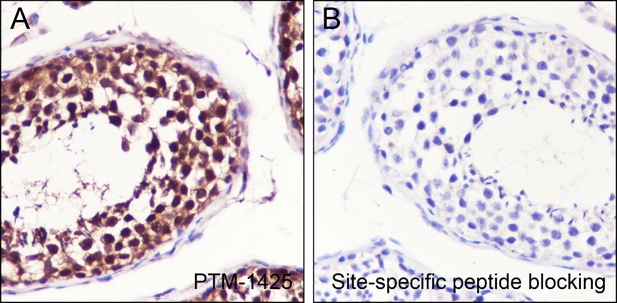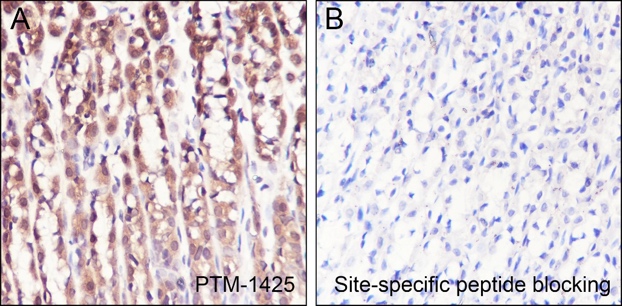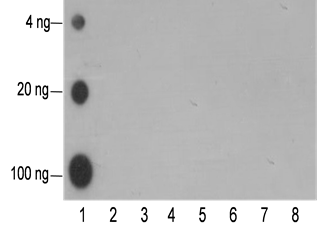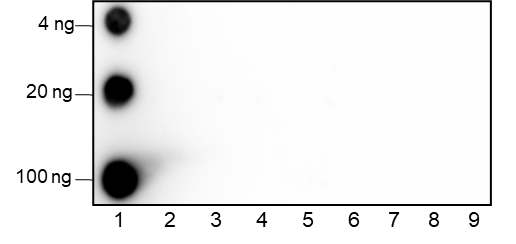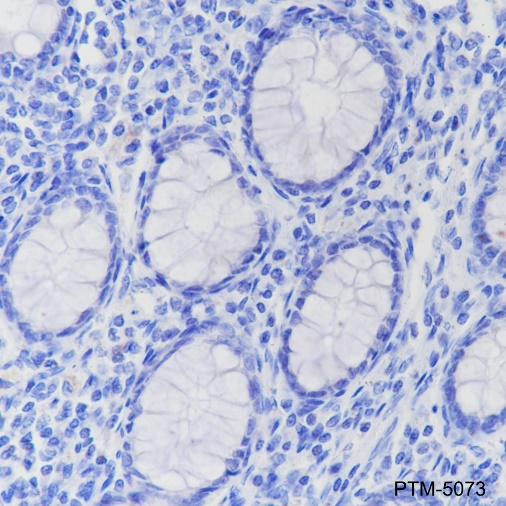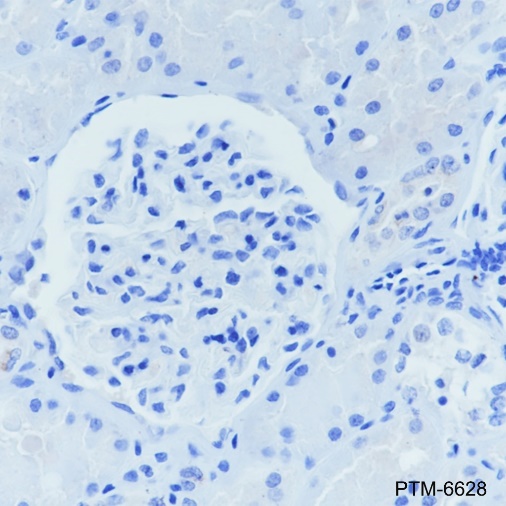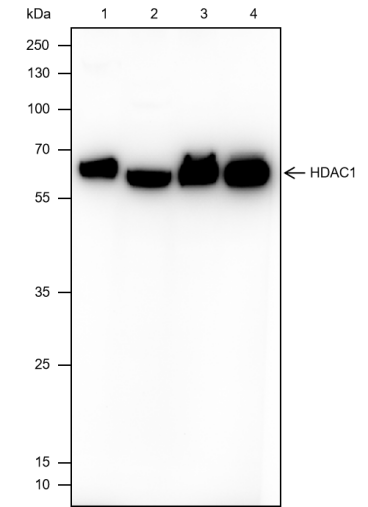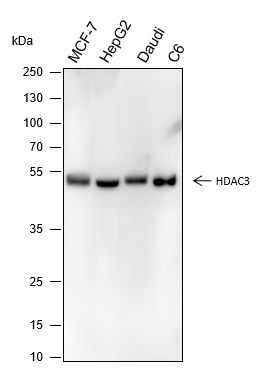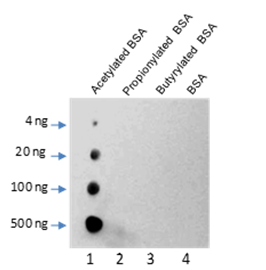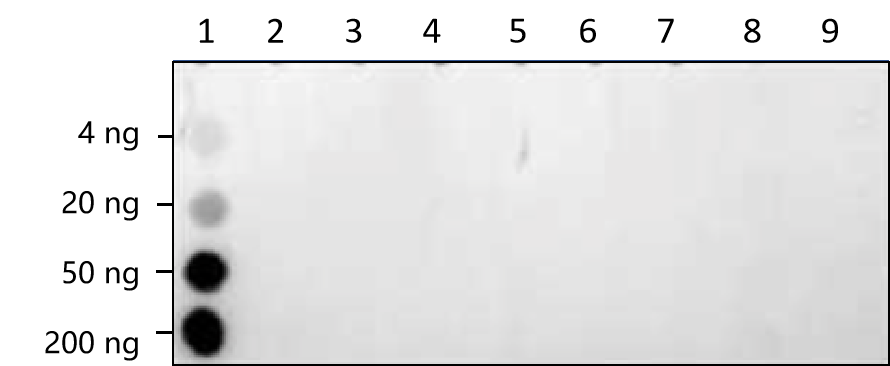Background
Lactate, previously recognized solely as an energy source and metabolic byproduct, has now emerged as a crucial player in cancer biology, especially within the scope of the Warburg effect and its intricate interplay with various cellular processes, including angiogenesis, hypoxia, polarization of macrophages, and T cell activation. Recent investigations have unveiled an unprecedented function of lactate in the realm of histone modification, specifically through lysine L-lactylation, which exerts regulatory control over gene expression. The extent and dynamics of this modification are highly reliant on lactate levels within the cellular microenvironment and can be modulated through the introduction of extracellular lactate in cultured cells or the stimulation of intracellular glycolysis. The acetyltransferase p300 is responsible for introducing lysine L-lactylation, while Class I histone deacetylases (HDAC 1-3) have been identified as an eraser of the lactylation marks on histones. This BSA-, glycerol-, and azide-free antibody is particularly suitable for applications such as mass cytometry.
Cellular location
/


